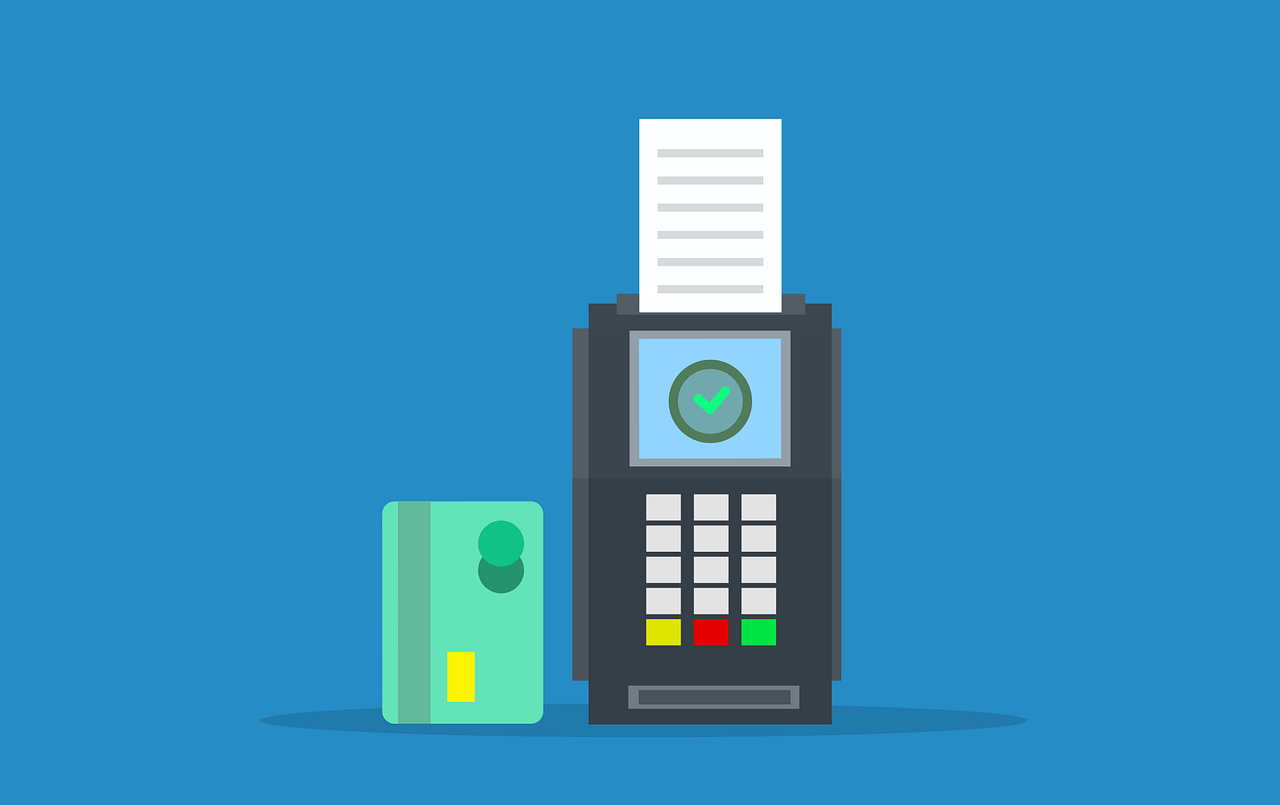Getting a No Credit Check Loan in the US can be tricky as many lenders will carry out credit checks in some shape or form as they need to determine your eligibility for the loan you requested.
However there are some loans that do not have credit checks such as credit unions, title loans and car loans as well as specific loans such as bridging and invoice factoring.
Credit checks are not a scary process! They are simply a quick electronic process which allows your lender to see your credit history including your open credit cards, loans or ongoing payments. It allows the lender to see how quickly and well you have paid back your bills in the past.
If you have a clear credit history and you have a history of repaying your debts on time then you will most likely get the loan that you need. However, if the credit check shows late and missed payments then your likelihood of being accepted for a loan decreases.
Look below to see some options you may have if you are looking for a no credit check loan in the US in 2021.
Key Points To Consider
- Getting a no credit check loan in the US is tough because most loan companies will run a quick electronic check to determine your eligibility for your loan.
- A credit check simply allows your lender to see your credit cards, loans and ongoing payments to ‘check’ how well and quickly you have paid these back.
- Some people search for ‘no credit check loans’ because they have bad credit and want to avoid being checked, however, there are other loan options to consider with no credit check.
- Some examples of loans without credit checks are title loans, credit unions or bridging loans whereby eligibility is based more on collateral than your credit score.
What is a Credit Check?
Most US lenders will carry out a credit check. This is simply a process which offers an electronic and quick overview of your personal credit history. This includes finding out how well and fast you have paid your previous loans, credit cards and other regular payments.
Lenders are able to access this information by paying a small fee to the companies who run these credit checks, known as credit reference bureaus. These firms which there are 3 of in the US (Experian, Equifax and TransUnion) hold all of this information on US citizens and update it in real-time.
Offering this information in real-time is key, since this means that any time you apply for a loan, that the information is updated and based your financial situation today and not from a month ago when your situation might have been different. This can work in your benefit as putting yourself in a better financial position over the coming month may make you more likely to be accepted for a loan.
Your credit check matters because if the lender can see a clear history of repaying loans and making payments on time then they will most likely be happy to accept your loan, however a bad credit check with missed payments and late loan repayments can cause your lender to have second thoughts.
What Loans Are Available with No Credit Checks?
However there are a number of loans that do not take credit scoring into consideration. This is either because of the nature of the product or because you can use other forms of security or collateral in order for it to make sense of the lender. We explain some of the key ones here:
Credit Unions
Credit Unions are large institutions and there are almost 6,000 of them around the United States. Similar to banks, they are operated by members who pay an annual fee and this means that money is lent out at lower rates and members can earn an annual return on investment for being involved.
Credit Unions are non-profit and their business model is made to serve its members, therefore, they do not always take credit scores into consideration when offering a loan and can be a lot more flexible on the terms provided. Be aware though, that you will have to pay an annual fee to be eligible for this loan.
Title Loans
Title loans allow you to release money based on the value of your car. You can usually release around 25% of your car’s value, provided that it is in good condition and fully functioning.
To be eligible for a title loan, you need to own the car outright and you are signing over the deed of car to the lender whilst your loan is still open. Whilst the average loan amount is $1,000, if you cannot repay your loan, the lender can cease the car and sell it to recover their losses. Therefore there is some risk to title loans, however because of your car, credit checks are usually not taken.
Bridging
Bridging is a similar idea to title loans, bridging loans allow you to borrow money against your home for a short period of time, usually 3 to 24 months.
Getting this loan is usually used by people to buy something else, such as a move to another property or to make a large purchase. Like any collateral loans, the lender will own a percentage of your property and therefore if you do not repay it, the lender can repossess your home in part or full so be careful!
Invoice Factoring
Invoice factoring which can also be known as invoice loans or invoice discounting, is used for business purposes and allows you to borrow money against unpaid future invoices.
Invoice factoring is usually reserved for companies who need to buy something immediately so that they can carry out their job. For example, a caterer who needs to buy the food and drink supplies before a big event or a band who needs to rent musical equipment before a performance.
Invoices can be paid half upfront and half on completion and therefore you are able to get an invoice on future payments. You will not be credit checked for this because you can just show your contract for your job as proof and therefore the need to check to see the lender will be repayed is unnecessary.
What Else Can I Do To Avoid a Credit Check or Improve My Credit Score?
It is important to realise that credit checks are nothing to be scared about! There are even simple ways in order to improve your credit score. For starters, you can look at getting a free credit report to show your existing score and how it has been impacted by various payments and obligations in the past.
You may also find some things that can improve your score, whether it is closing some cards that you don’t use or simply paying off some loans if you are financially able to.
Some quick tips to improve your score include: stop sharing any bank accounts with someone with bank credit and joining the electoral register to vote.



